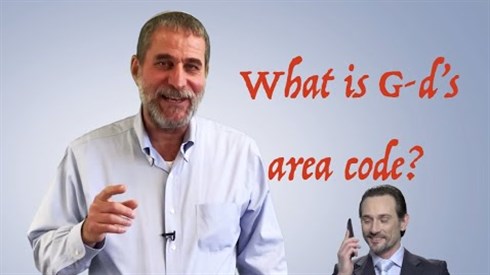parshat Yitro
Text size
What did Yitro hear? What caused him to leave his home and go to the wilderness? What happened that he couldn't be indifferent?
-
 “His Congregation He Founded on the Land”
“His Congregation He Founded on the Land”
The midrash (Bamidbar Rabba 15:18) connects the pasuk, “Assemble for me seventy men” (Bamidbar 11:16) to “He built the Heavens level upon level, and His congregation He founded on the land” (Amos 9:6). The midrash comments that, as hard as it is to say so, Hashem’s throne in the Heavens is stable only if Israel forms a cohesive congregation. What is the great significance of this unity? The midrash (Bereishit Rabba 38:6) says on the pasuk, “There is a connection in Ephrayim through idols; leave him” (Hoshea 4:17) that even if the people are idol worshippers, if they are connected to each other, Hashem will leave them unscathed. What possible positive element can come from the binding together of wicked people? -

-
 The Power of Unity
The Power of Unity
The midrash (Bamidbar Rabba 15:18) connects the pasuk “Assemble for me seventy men” (Bamidbar 11:16) to the pasuk in Amos (9:6): “He builds upper chambers in the heavens, and His aguda (binding together) He founded on the earth.” The midrash takes this to mean that, kav’yachol, Hashem’s throne in the heavens is only firm if Israel is bound together in unity. Another powerful midrash along this line says that even when the Northern Kingdom of Israel was guilty of idol worship, Hashem left them intact because they were connected to each other (Bereishit Rabba 38:6). What is so positive about the unity between sinners?
Keep Reading...
<
76543
>













